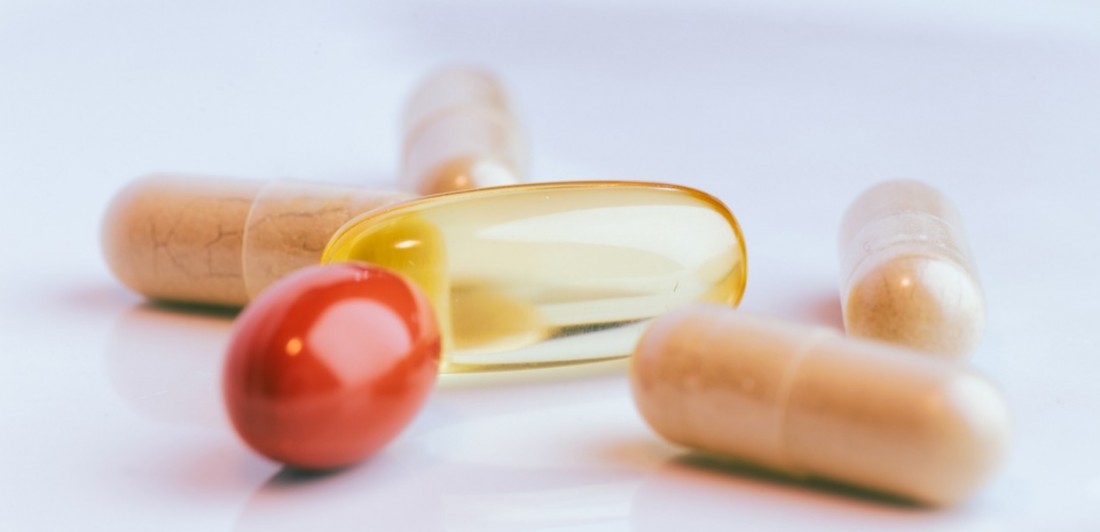The use of nutritional supplements in sport can be a common confusion area for many athletes, with numerous brands marketing their products as a ‘must’ for success in sport. Let me tell you, this is not always the case and you should definitely take this with a pinch of salt.
Yes, of course some nutritional supplements can be of benefit to enhance and/or support our overall sporting performance when used correctly. However, some in fact are just expensive waste and therefore it is important to take the time to assess your need for sport supplements prior to purchase. With this in mind, over the next few articles I will be covering the ‘supplement series’ providing advice and guidance around effective use of specific nutritional supplements and discussing whether you really need them! This week we will be kicking it off with creatine- a supplement that gets a lot of hype in today’s sporting culture.
Firstly, before considering a sports supplement such as creatine, it is essential to nail the basics of your diet. A supplement will not elicit its maximum performance enhancing effects if you are missing key elements of a balanced diet. Are you really going to perform at your best if you are under fuelling in key macronutrients? Or will you play your best game of football when dehydrated? No, and masking these issues with supplements are most certainly not going to solve any problems. A balanced diet remains the foundations of fuelling for performance, with supplements acting merely as an addition. Look at your supplements as the cherry on top of an already tasty cake.
Creatine:
Creatine supplementation is always a hot topic and it is one that players tend to ask a lot of questions around. Firstly, to provide a quick understanding around creatine use, it helps our bodies have greater resistance to fatigue when undergoing activities in short bursts e.g. lifting weights or sprinting. By having greater resistance to fatigue, we are able to do more work over a period of sets or sprints, encouraging training adaptations to occur such as greater gains in strength, muscle mass and overall improvement in training quality.
So, now we know the benefits of consuming creatine, do we need to supplement with it? The answer- this will be specific to the individual.
Creatine is naturally occurring in animal products such as red meat and fish and therefore if we consume these foods on a daily basis, we are already consuming creatine. But this isn’t our muscles’ only source of creatine. Our bodies are able to synthesise creatine in both our liver and kidneys, making up a large contribution of our muscle’s creatine stores. Therefore, the general population (who partake in minimal activity levels) who consume a meat-based diet are highly unlikely to require creatine supplementation. But what about GAA athletes? Well, larger players who engage in more regular intense training may benefit from creatine supplementation to optimise their whole-body creatine stores when working towards maximal training adaptations- likely of benefit during training blocks such as preseason. However, you must use creatine supplementation correctly to elicit maximal performance benefit.
Typically, those who follow a meat-based diet are likely to have approximately 60-80% of their muscle creatine stores saturated. As a result, by commencing creatine supplementation, you are merely topping up the extra 20-40% to maximise energy production.
But how do we do this?
• Pick your supplement; Creatine Monohydrate is the most extensively researched form of creatine supplementation and has been proven most effective in improving performance.
• Consider your supplementation regime;
The most effective way of maximising muscle creatine stores are as follows:
• Take 5g of Creatine Monohydrate four times daily for the first 5-7 days.
• Once the creatine stores become saturated (after 5-7 days), take 5g of Creatine Monohydrate per day to maintain muscle concentrations.
And in terms of safety of use, Creatine Monohydrate is one of the most extensively researched sports supplements on the market at the moment.
With this in mind, research suggests that long-term use following appropriate dosage (see above) for a healthy individual will not result in adverse health effects and is safe to use (if you have a pre-existing kidney condition- consult a GP or registered dietitian before use).
Remember, adding a creatine supplement to a poorly balanced diet lacking in key macro and micronutrients, will not prove beneficial or useful in your performance. It is key to address your dietary habits initially, set good nutrition foundations and allow for nutritional supplements such as creatine to be the last addition.
Informed Sport
In GAA, all players are expected to adhere to Anti-Doping Rules in the spirit of clean and fair sport. With this in mind, players are subject to drugs testing to ensure they are adhering to such rules and are free from all banned substances.
As a result, all nutritional supplements that an athlete consumes should be carefully considered and assured they are free from banned substances- particularly those who play at Intercounty level.
Therefore, I would advise players to purchase supplements approved by Informed Sport- a tool used to confirm that supplements have been batch tested and free from all banned substances. To check if your supplements are Informed Sport approved, check out their website; www.informed-sport.com.
So that’s creatine supplementation in a pretty quick nutshell. Don’t just jump into it, assess your need and whether it will complement your current training. Next up I will be talking all of the dos and don’ts of Whey protein.
Anne-Marie is a Sport Dietitian with a BSc in Dietetics and MSc in Sport Nutrition. Anne-Marie has experience in both Clinical and Sport environments and currently works within the IRFU as a Performance Nutritionist. You can catch Anne-Marie on Instagram @theperformancedietitian and Twitter @AnneMarie_Mul
Receive quality journalism wherever you are, on any device. Keep up to date from the comfort of your own home with a digital subscription.
Any time | Any place | Anywhere












